₹17.4 L/Yr
Tuition Fees
| Year | 1st Year Fees |
|---|---|
| Tuition Fees | ₹1736274 (EUR 18850) |
The mathematics behind these questions is dealt with in the Master's degree programme in Mathematics. The objective of the Master's degree in Mathematics at the University of Groningen is to teach you the mathematical knowledge, skills and attitude needed to pursue a professional (research) career.
You will gain specialized mathematical knowledge in selected areas such as algebra and geometry, dynamical systems and analysis, and statistics probability theory. Furthermore, you will learn how to solve a problem by using abstraction and modelling and to find scientific literature on the subject. You will be able to determine whether the problem can be solved by using existing mathematical theory or whether new theory should be developed. Finally, you will learn how to present mathematical results in written and oral form, for both specialized and general audiences.
The Master's programme in Mathematics offers three tracks:
- Mathematics and Complex Dynamical Systems:This Master track concerns algebra, geometry, analysis, dynamical systems theory and mathematical physics.
- Statistics and Big Data:In this Master track the focus is on modern developments in statistical inference, such as high-dimensional inference and statistical network modelling, as well as data science, such as machine learning and neural networks.
- Science, Business and Policy
Job prospects
A Master's degree in Mathematics opens up many job opportunities. During your Master's programme you will learn to think in a logical and systematic way. These qualities are highly appreciated by employers. Students of our Master programme have found employment at banks, insurance companies, the consultancy branch and research and development departments of companies like Philips, TNO, Gasunie, Ericsson and LogicaCMG.
With a Master's degree in Mathematics you can also pursue a scientific career as a PhD student at a university. This means working for four years on a research project and writing a thesis. After successfully defending this thesis, you will be awarded a PhD degree. Afterwards you can continue your career at a university or start a higher-level career in a company.
Job examples
- Work for multinationals such as TNO and Philips
- Analyst at bank or insurance company
- Consultant
- Start an academic career
- Work for multinationals such as TNO and Philips
- Start an academic career
- Analyst at bank or insurance company
- Consultant
TOP Scholarships
| Scholarship name | Award amount | Eligibility |
|---|---|---|
| - | - | - |
| - | - | - |
| - | - | - |
Key Resources for Your Study Abroad Journey
Course Guides
Scholarship Grants & Financial Aids
| Name | Scholarship Per Student | Level of Study | Type | |
|---|---|---|---|---|
| University of Groningen Holland Scholarship | Scholarship per student₹ 5 L/Yr$5,419 | Level Of StudyMaster | TypeMerit-Based | |
| Joint Japan/World Bank Graduate Scholarship Program | Scholarship per studentVariable Amount | Level Of StudyMaster | TypeMerit-Based | |
| JN Tata Endowment Scholarship | Scholarship per studentVariable Amount | Level Of StudyDoctorate | TypeMerit-Based | |
| Orange Knowledge Programme | Scholarship per studentVariable Amount | Level Of StudyMaster | TypeMerit-Based | |
| University of Twente Holland Scholarship | Scholarship per student₹ 5 L/Yr$5,419 | Level Of StudyBachelor | TypeMerit-Based | |
| Holland Scholarships | Scholarship per studentVariable Amount | Level Of StudyBachelor | TypeMerit-Based |
Similar Colleges
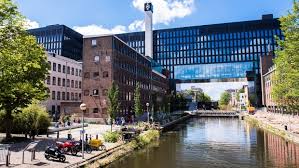

University of Amsterdam
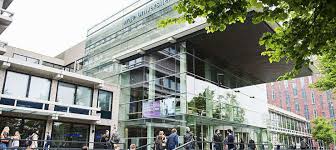

Vrije Universiteit Amsterdam
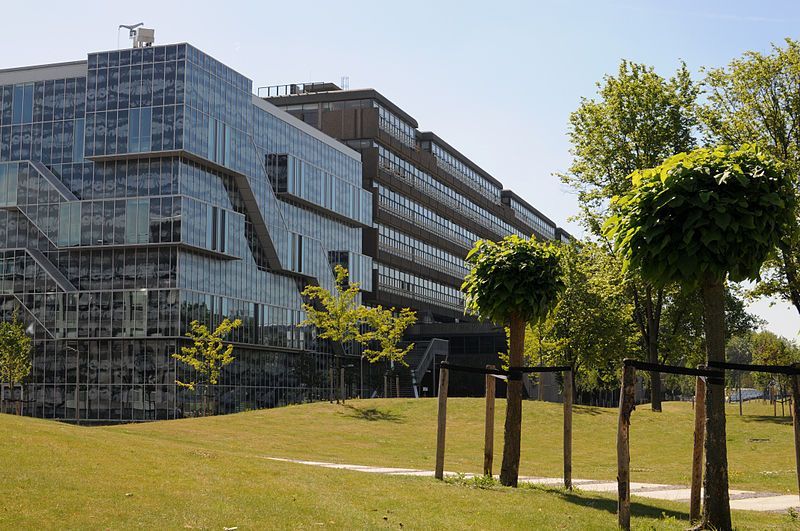

Delft University of Technology


Eindhoven University of Technology
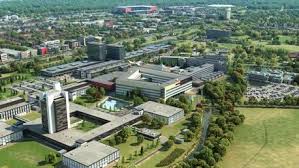

University of Twente
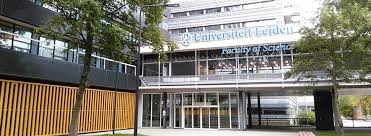

Leiden University
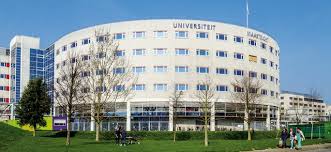

Maastricht University
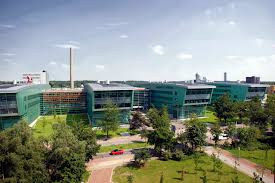

Radboud University




















Comments